África/Nigeria/30 Octubre 2016/Fuente: Allafrica/Autor:NigeriaThisDay
Resumen: El gobierno debe tomar medidas concretas para hacer cumplir el aprendizaje y la enseñanza de la lengua materna. En un intento de preservar las lenguas indígenas de Nigeria, el gobierno federal promulgó la Política Nacional de Educación (NPE) en 1977. Sección 1 (8) la política hace hincapié en que el gobierno federal «tomará de interés de referencia, y hacer declaraciones de política sobre la la enseñanza de las lenguas indígenas, en lugar de en relación con sí mismo únicamente con idioma Inglés «. Sin embargo, en muchas escuelas de Nigeria, lo que se encuentra escrito audazmente es «está prohibido hablar en lengua vernácula».
Government must take concrete steps to enforce the learning and teaching of mother tongue
In an attempt to preserve Nigeria’s indigenous languages, the federal government enacted the National Policy on Education (NPE) in 1977. Section 1 (8) of the policy emphasises that the federal government «shall take official interest in, and make policy pronouncements on the teaching of the indigenous languages, instead of concerning itself solely with English Language». However, in many Nigerian schools, what you find written boldly is «vernacular speaking is prohibited», a repudiation of that same policy.
That perhaps explains why most of the studies that have been carried out revealed that majority of Nigerian children cannot speak the language of their parents. This, as we have stated on this page several times, has nothing but dire consequences for the country because as our indigenous languages face extinction, so are other aspects of our culture, including history, traditions and values. One of the ominous signs of danger today is the incremental loss of our rich arts forms, particular in music, dance and fashion as our youths have taken to the Western genre, threatening our cultural identity as African people.
Since embedded in our indigenous languages is our rich culture, history, traditions, and values, government must take deliberate and concrete steps to protect them by enforcing the national policy on education with regard to learning and teaching of mother tongue. That must be the starting point because education is the base of the future of every society.
Accordingly, the policy stipulates that every pupil must in the course of primary school education (which lasts six years), study two languages, namely, his/her mother-tongue, if available for study, or any other indigenous language of wider communication in his/her area of domicile alongside English Language.
The policy also requires that students in Junior Secondary School (JSS), (which is of three-year duration) must study three languages, namely, mother tongue, if available for study, or an indigenous language of wider communication in his/her area of domicile, alongside one of the three major indigenous languages in the country, namely, Hausa, Igbo, and Yoruba, provided the language chosen is distinct from the child’s mother-tongue. In Senior Secondary School (SSS), which also lasts three years, a Nigerian child, according to the policy, must study two languages: an indigenous language and English Language.
However, there have been challenges implementing this policy. Many schools are unable to offer these indigenous languages because of lack of teachers, a cumulative effect of several years of indifference. Obviously, the policymakers were aware of this acute shortfall when they used the phrase «if available for study» in the policy. This optional nature of the policy undermines its implementation.
Indeed, several studies have shown a relationship between level of development and language with the attendant result that those countries that use their indigenous languages, called Mother Tongue, as their lingual franca have a faster rate of development than those that use a second (foreign) language. The reason is that people learn and comprehend best in their indigenous language since it is ingrained in their blood. For instance, countries like China, Japan, Taiwan and South Africa that use mother tongue to teach Science and Technology are higher on the United Nations Human Development Index than Nigeria and others that use foreign languages.
We therefore urge the federal government to institute an intervention programme that will facilitate the learning and teaching of indigenous languages in our training and tertiary institutions with a view to producing teachers that would not only fill up the gap but would help in developing those languages to their fullest potential. It should also produce a definite format for all states to follow in the implementation of the national policy on education with regard to mother tongue.
Fuente de la noticia: http://www.thisdaylive.com/index.php/2016/10/28/before-indigenous-languages-go-extinct/
Fuente de la imagen: http://i1.wp.com/leadersandco.s3-eu-west-1.amazonaws.com/wp-content/uploads/2016/10/27225804/EXTINCT.jpg?resize=696%2C52
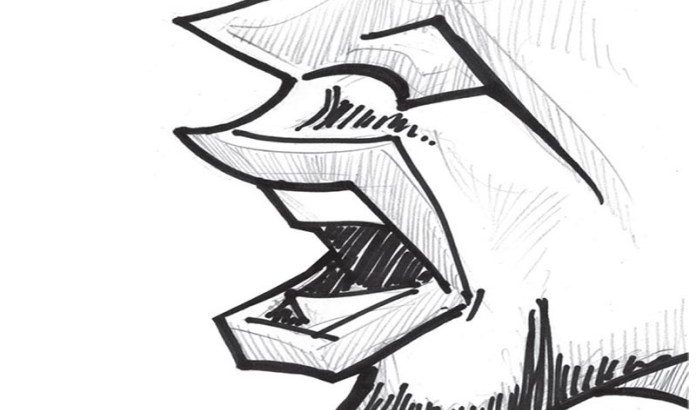
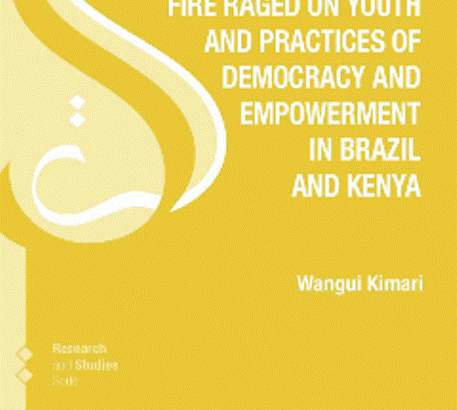
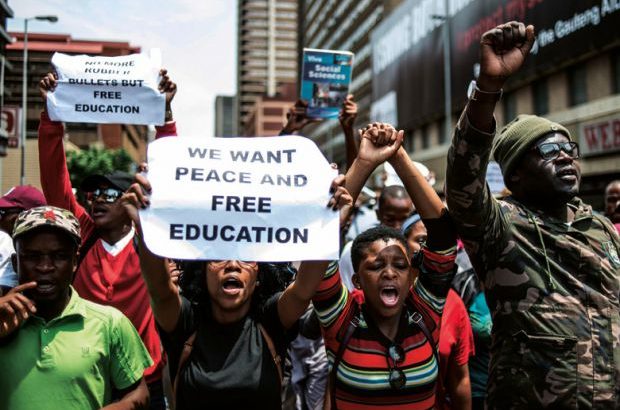


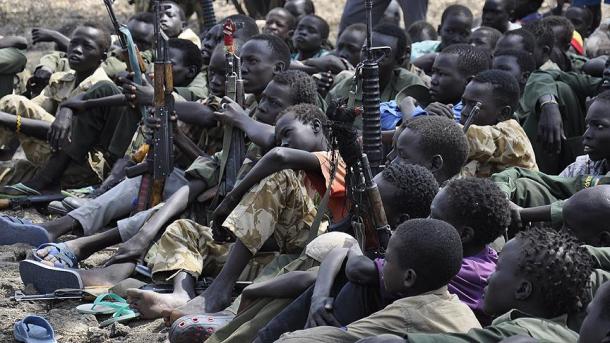
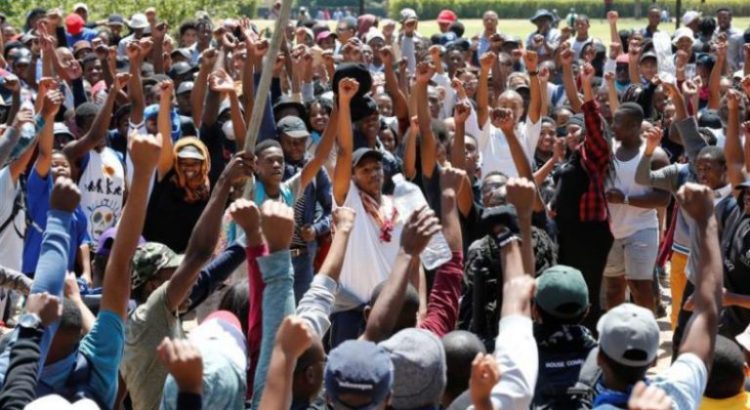







 Users Today : 6
Users Today : 6 Total Users : 35460679
Total Users : 35460679 Views Today : 8
Views Today : 8 Total views : 3419790
Total views : 3419790